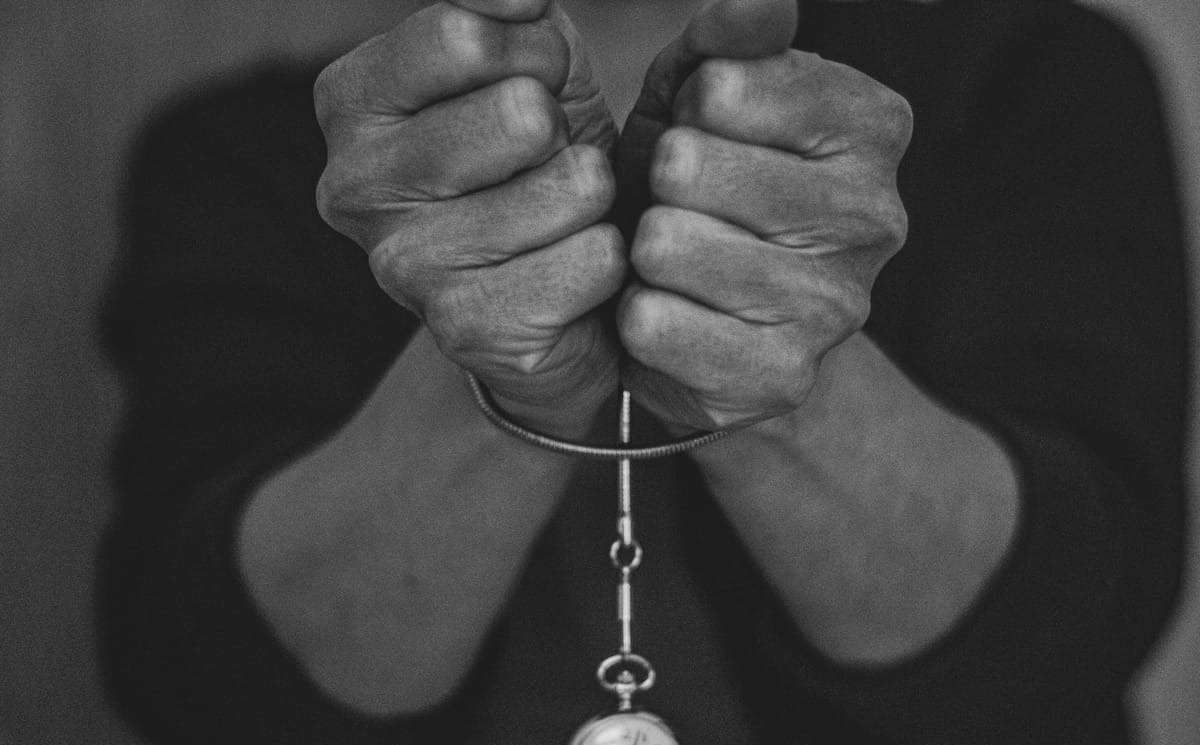My father was a chronic alcoholic who died at fifty-six, looking like he was in his eighties. I too, became an addict and alcoholic but got sober at the age of twenty-eight, went back to school and became a therapist treating addictions and mental health issues for thirty years. I have researched, read, talked, listened and thought about addictions extensively. I have treated thousands of addicts/alcoholics and their families, sometimes successfully and sometimes with a frustrating or heart-wrenching failure despite a committed effort.
I would describe myself as critic of the “War on Drugs.” The massive amount of money spent on this failed policy, as well as the number of lives wasted in unnecessarily incarcerated individuals is a travesty that has failed to put even a tiny dent in the continuing American appetite to self-medicate. At the same time, I agreed with a probation officer I worked closely with in the past who would say from time to time, when a client was a danger to himself and others and would not accept treatment, “Some people need to go to jail.” Indeed, they do.
There is still much I don’t know and I assiduously avoid people who present their methods of treating the addictions as unilaterally effective. It is a highly complex disease and each case is different, meaning that a one-size-fits-all approach may well not be effective for a given individual. It’s also true that the origins of the disease from one individual to the next are variable: Trauma, addicted family systems, proximity or regular exposure to alcohol/drugs, poverty both material and emotional, societal/cultural acceptance of alcohol and drug use to name a few.
Every once in a while I’ll see the headline: Forget Everything You Know about Alcohol and Drug Use! Following the headline is some new study or approach that has a finding that may add to what is already known. Or, it’s a new treatment or medicine that is touted as broadly effective but is really effective only to a smaller subset. Or, sometimes what is being sold is pretty much bullshit. It’s up to providers to figure out what is what. I’m always open to good ideas and approaches from others, and I will challenge myself to learn for the rest of my days, but don’t tell me or other providers on the front lines to forget what we know. Our collective experience is valuable if imperfect!
So, sponsors, clinicians, 12 Steppers, parents of those with addictions, recovering addicts/alcoholics and recovery coaches remember what you know! If you hear something new that’s good, add it and then share it with others. Thanks for the hard challenging work you do!






Comments